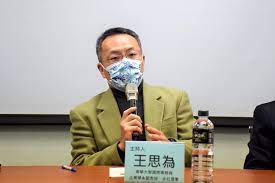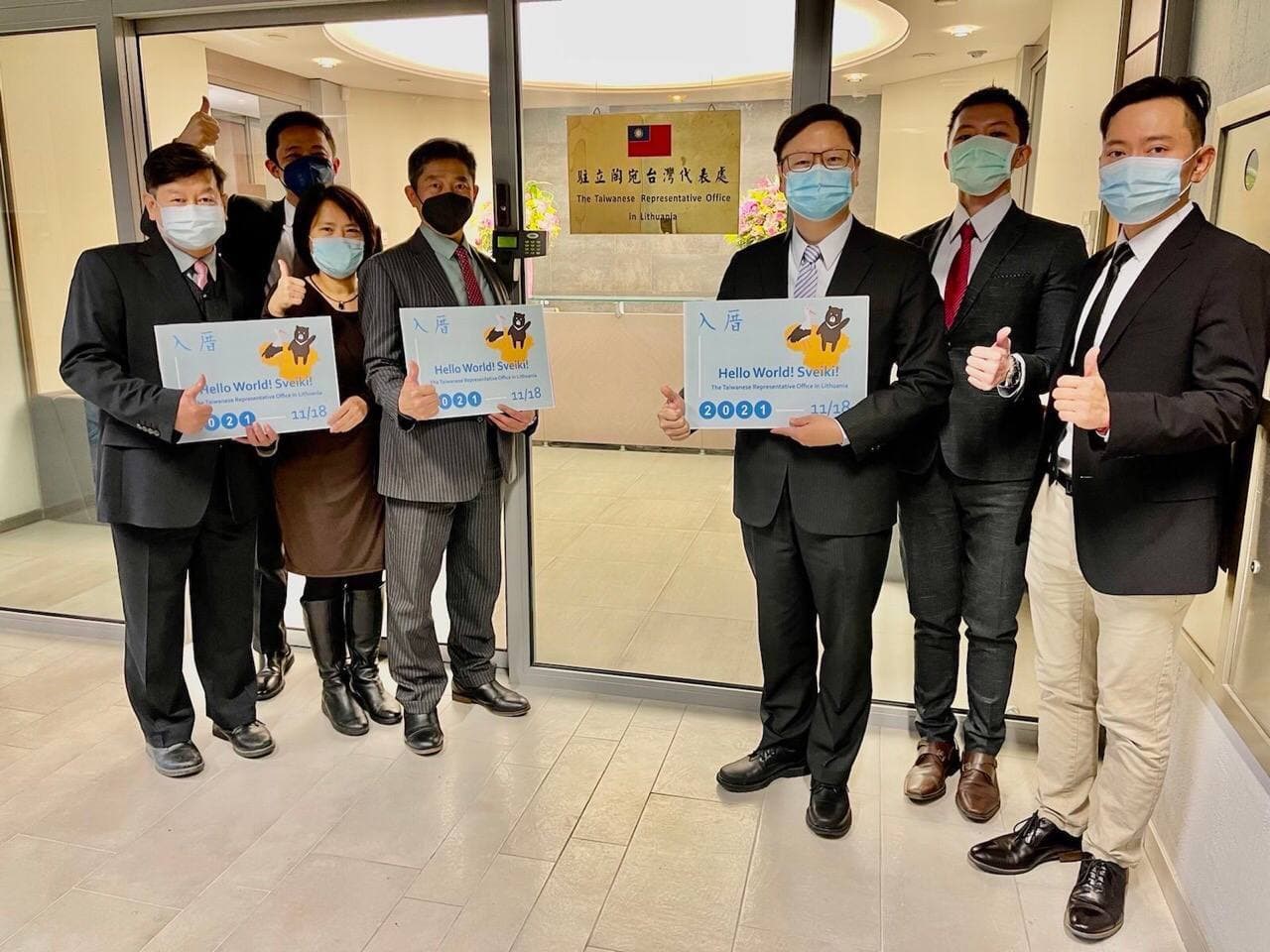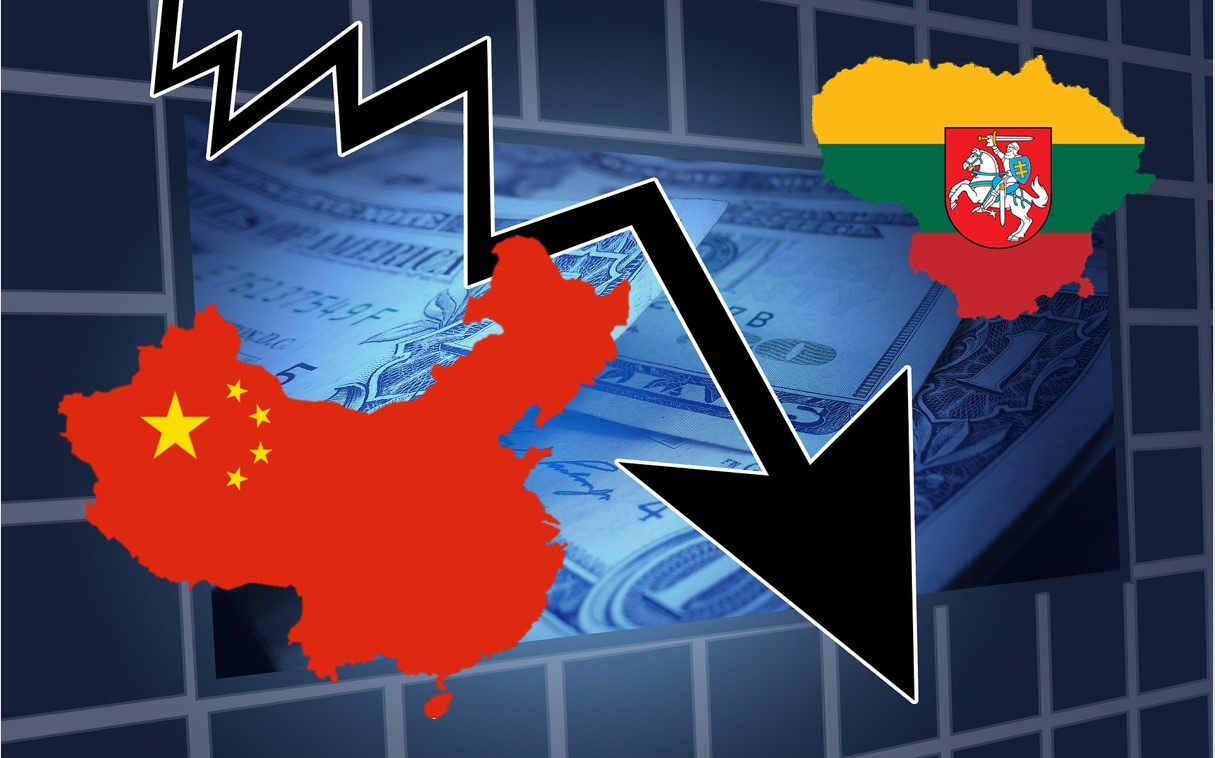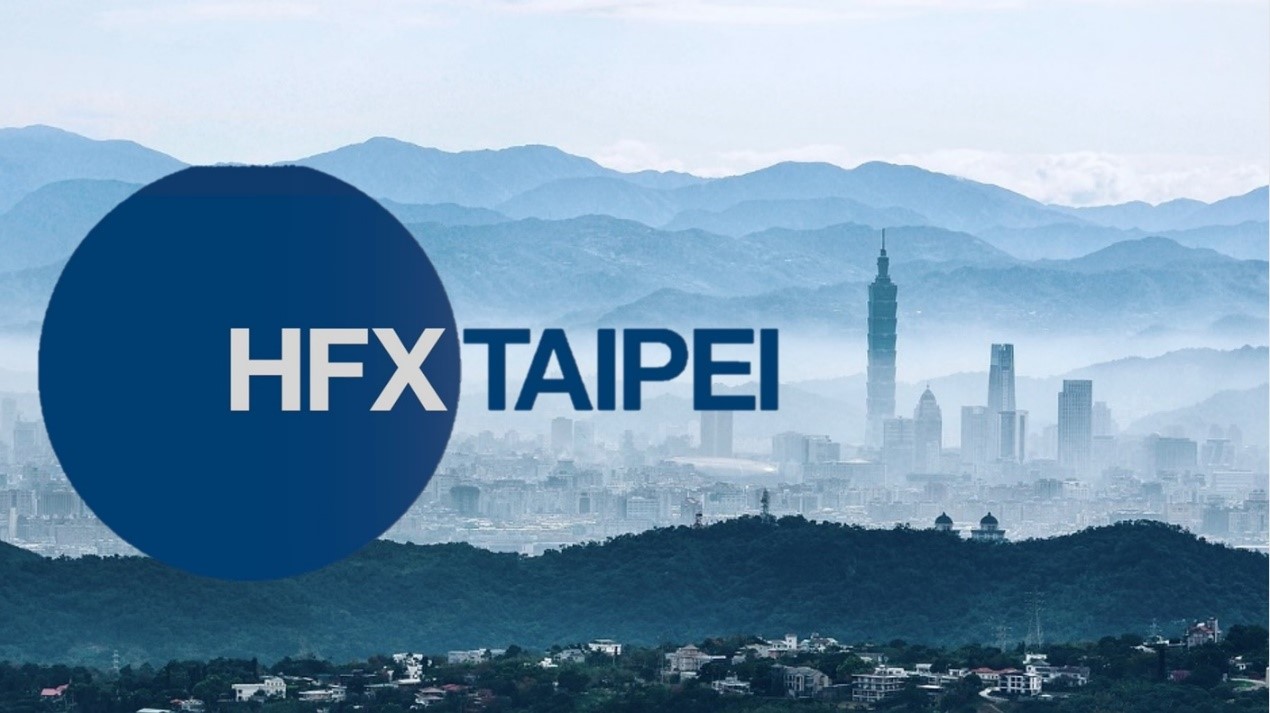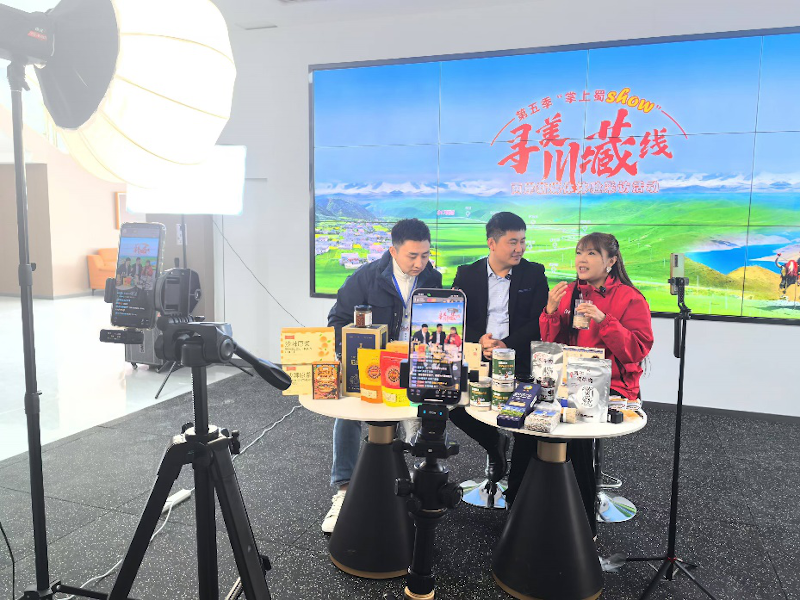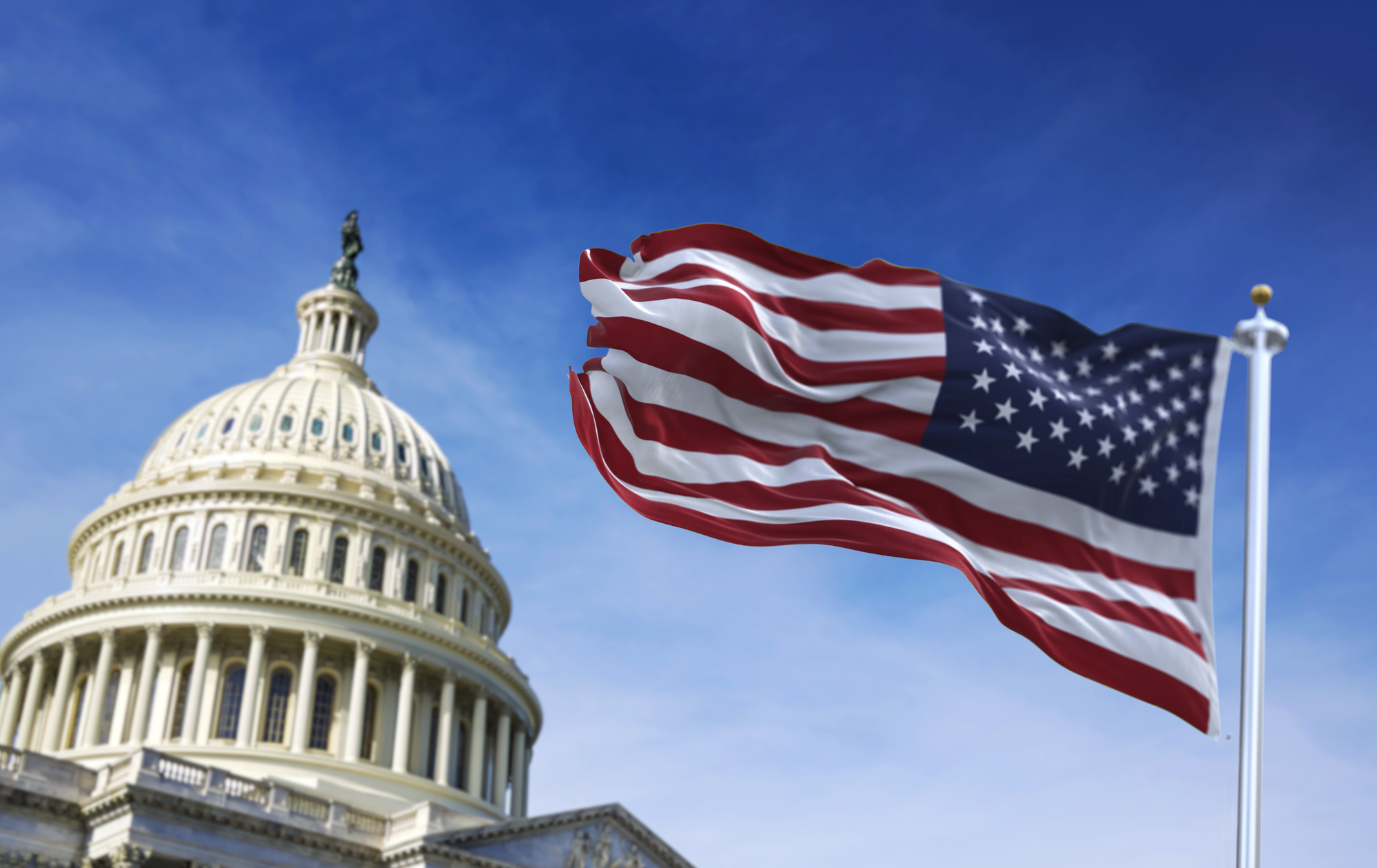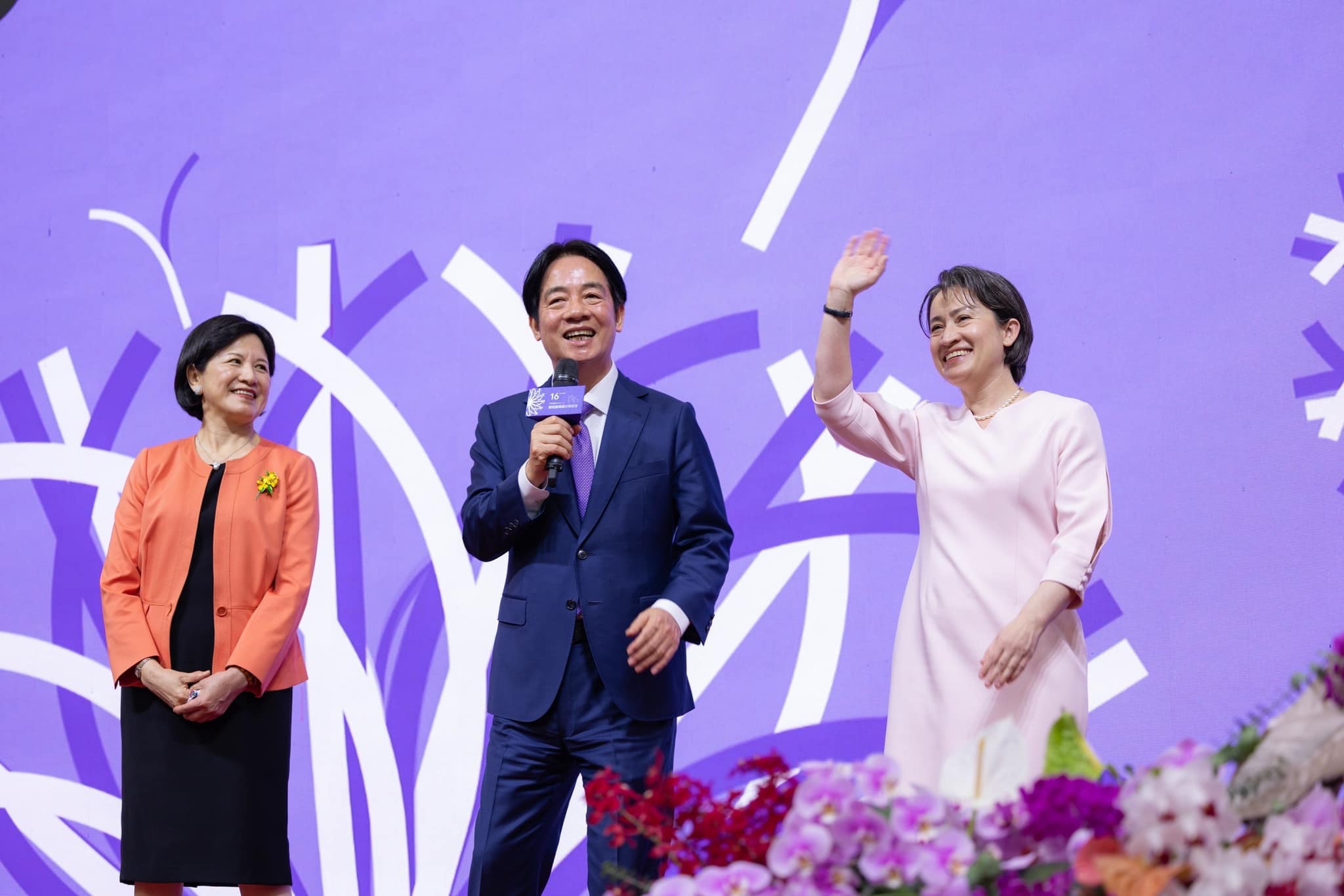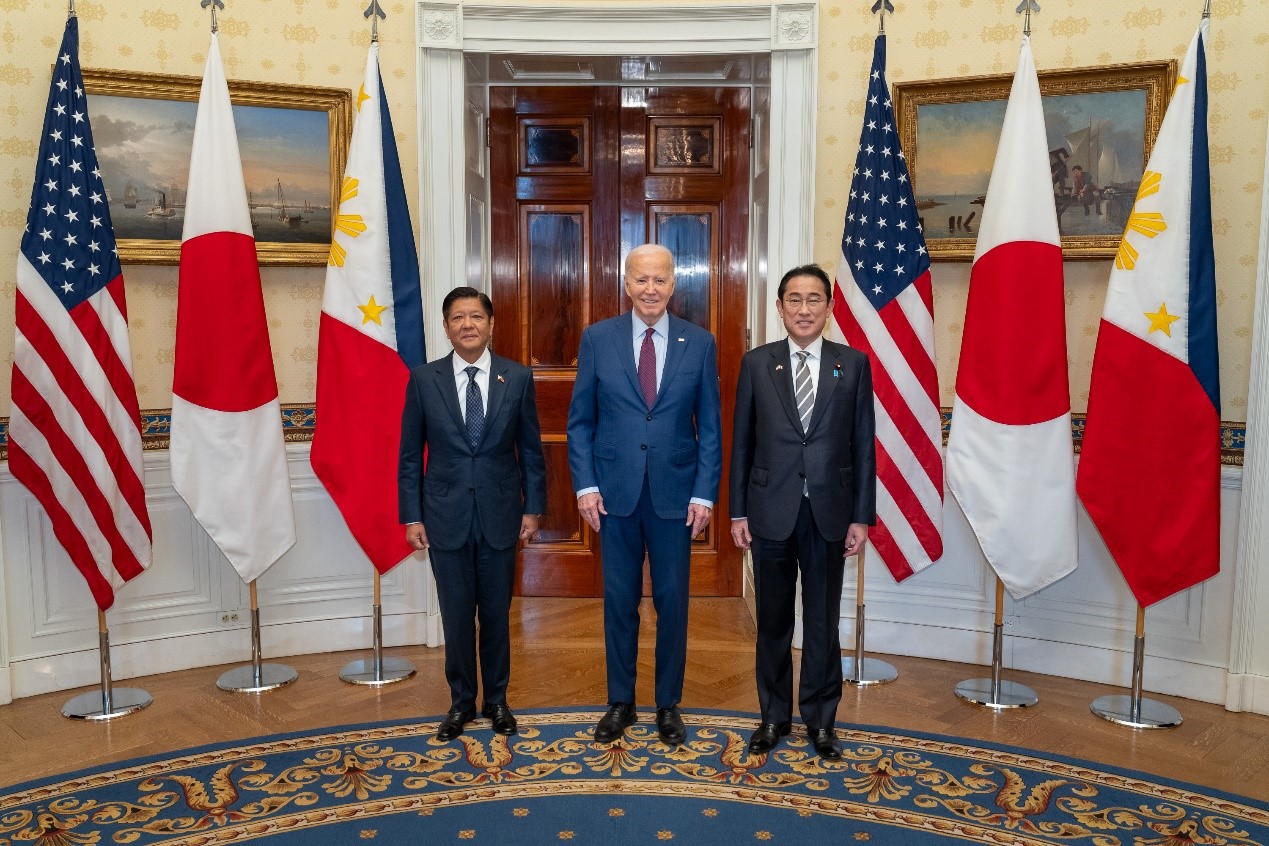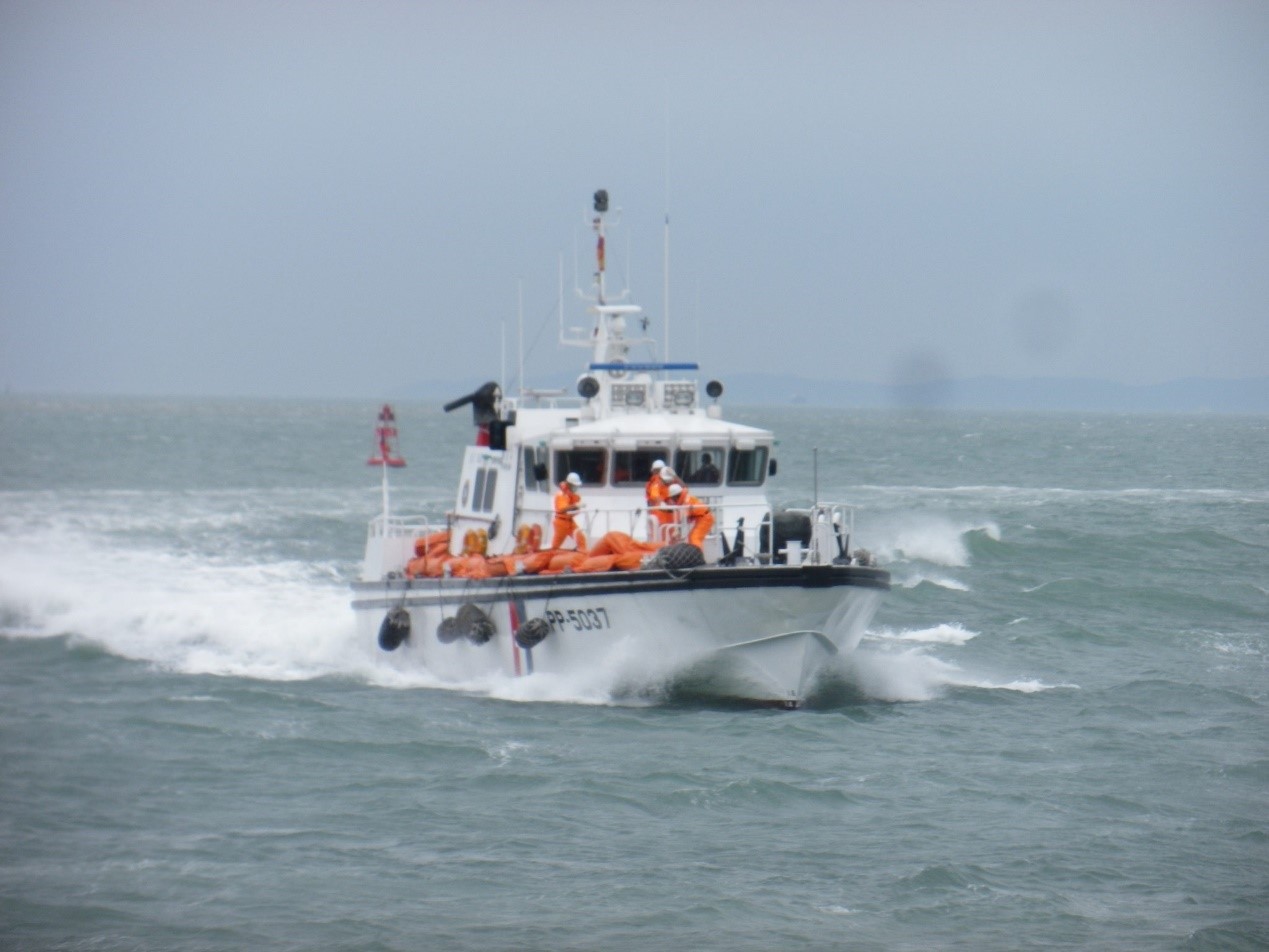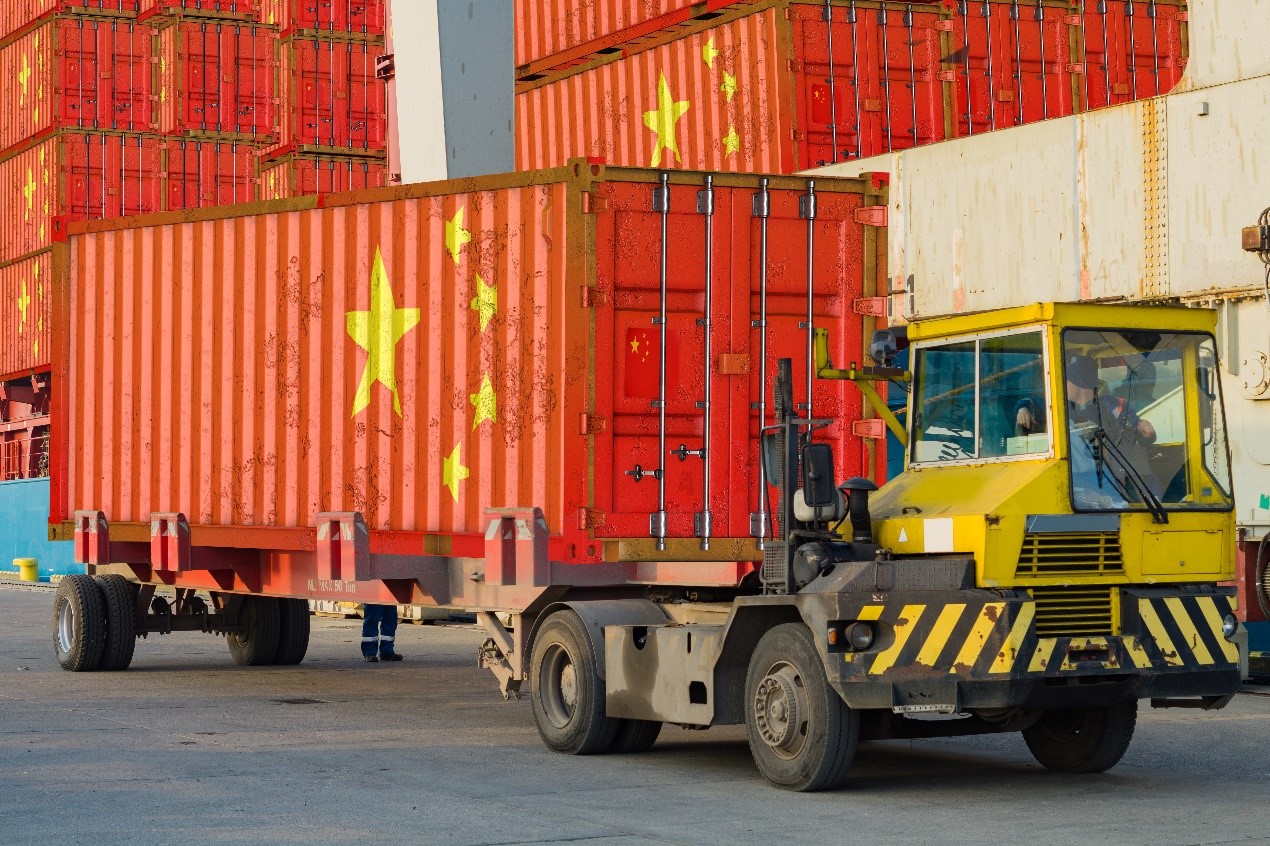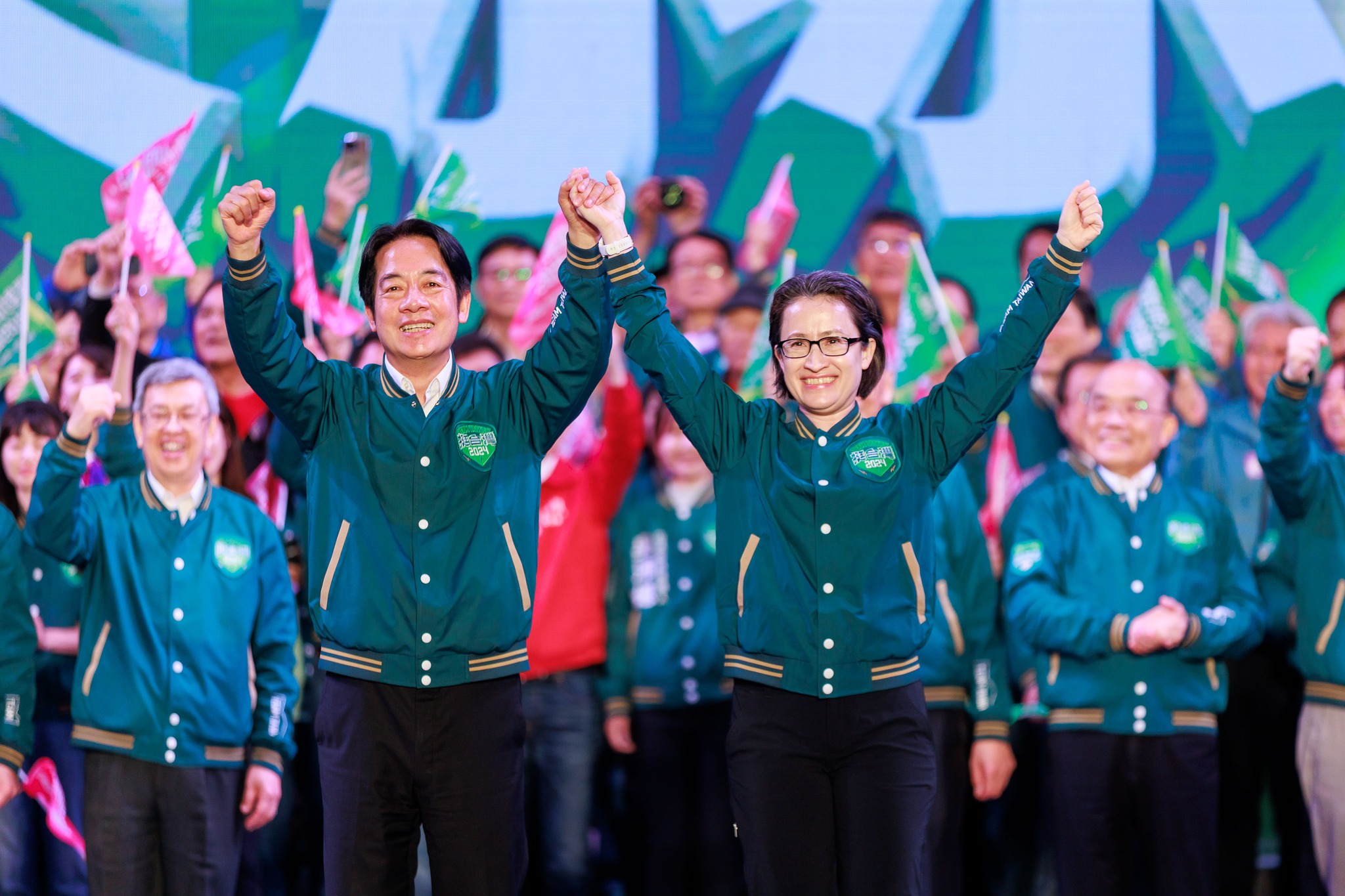Values-Based Diplomacy Played a Pivotal Role in the Opening of Taiwan’s Representative Office in Lithuania
The era of values-base diplomacy is here. Following the Lithuanian experience, the Taiwanese government should seek similar support from other countries in Europe, which promises more diplomatic breakthroughs for Taiwan. Picture source: Ministry of Foreign Affairs, Republic of China (Taiwan), October 27, 2021, MOFA, R.O.C.(Taiwan), https://www.mofa.gov.tw/News_Content.aspx?n=96&s=96687
Prospects & Perspectives 2021 No. 63
Values-Based Diplomacy Played a Pivotal Role in the Opening of Taiwan’s Representative Office in Lithuania
By Steve Szu-wei Wang
December 8, 2021
First Taiwanese Representative Office in Europe
On November 18, Taiwan’s representative office in Vilnius, Lithuania, was officially opened. This is the first office in Europe to use Taiwan as part of its nomenclature and marked a milestone for Taiwanese diplomacy; the other Taiwanese offices in Europe still use the name Taipei.
Amid intense pressure from the Chinese government, the leader of the Lithuanian independence movement against the Soviet Union in the 1990s, Vytautas Landsbergis, was one of the VIPs who attended the inauguration ceremony. Although his grandson, Gabrielius Landsbergis, now Lithuania’s Minister of Foreign Affairs, did not show up at the occasion, the subtle arrangement nonetheless constituted a very warm welcome from the Lithuanian government.
Opening a new representative office in Europe comports a series of challenges, and doing so with an office that uses the name Taiwan was far more complicated. and yet, the Lithuanian government made it happen. The Chinese government reacted immediately and virulently criticized the decision of the Lithuanian government, calling it a malevolent act of violation of its “one China” principle and interference in Chinese domestic affairs that impinged upon China’s sovereignty and the integrity of its territory. To manifest its anger, the Chinese government decided to downgrade its representation in Lithuania from ambassador to chargé d’affaires. Furthermore, Chinese authorities removed Lithuania from their customs, meaning that goods from Lithuania can no longer enter Chinese territory. However, only 1 percent of Lithuania’s total exports are bound for China. According to the Lithuanian Minister of Economy, Ausrine Armonaite, the loss of the Chinese market is not a big deal. As the deterioration in Sino-Lithuanian relations continues, it is possible that more reprisals from the Chinese side will come. China’s bullying of a small country like Lithuania through such measures is risible. More importantly, no matter what the Chinese government does, it is almost certain that the Lithuania will not reverse its decision.
Significance of the Lithuanian Experience
Although Lithuania was the object of substantial threats and intimidation from China, it also received solid support from the U.S. and the European Union. The Lithuanian experience can therefore serve as a model for other countries that do not want to be blackmailed by China, either via the Belt and Road Initiative or China’s domestic market.
Bilateral relations between Taiwan and Lithuania will from now on be institutionalized through the establishment of reciprocal representative offices. Political ties will be strengthened, and economic and commercial interdependence will deepen. Despite the absence of official diplomatic relations, bilateral ties will continue to develop at different levels. We can also expect more visits by government officials from both sides in the near future, plus more dialogue and cooperation in various areas. The establishment of representative offices, therefore, is just a kick-off for friendship and relations.
The name of the Taiwanese Representative Office in Lithuania represents much more than a signboard. Not only the Lithuanian government but also the European Union have already expressed very clearly that the name of the Taiwanese Representative Office in Lithuania is highly consistent with their own “one China” policy. Beijing’s anger, therefore, is simply overreaction. In the past, the Chinese government claimed that the “one China” principle was the sole basis for countries having diplomatic relations with China, and only very rarely did European countries openly challenge this claim. Somehow, the tone within the European Union has shifted, with the result that Europeans now want to take back control over how they interpret their own “one China” policy, which should not be confused with China’s “one China” principle. Hence, Europeans can make deals with China or Taiwan with greater freedom of action. The name “Taiwan” is no longer taboo in the EU’s China policy, and it is up to any EU member state to decide which name is suitable for the Taiwanese office in their country. This, perhaps, will lead to more Taiwanese representative offices using the name Taiwan in future.
The values-based diplomacy conducted by the Lithuania government also sent a clear message that such values are now receiving greater emphasis by Baltic and eastern European countries. For example, support from the Czech Republic for Taiwan has also been very strong. Facing increasing pressure caused by geopolitical instability in Europe, these small and middle sized countries on the frontlines have resisted not only potential attacks from Russia, but have also had to prevent Chinese infiltration in various domains. This constitutes an imminent threat for European security, and we should consider this as a severe challenge to the safety of the entire world. Therefore, an alliance of free democracies around the globe is needed to unite all likeminded countries, so as to avoid another unlawful annexation like that of Crimea, in Europe or in Asia.
Support for Taiwan’s democracy shows that even a relatively small country with a population of 2.8 million people like Lithuania can establish a higher moral standard in foreign affairs. Compared with the hypocritical rhetoric of the realpolitik worldview, with its long tradition of neglect toward Taiwan, these countries can continue to bring moral support to Taiwan and thereby amplify the legitimacy of our self-defense, which is no less important than material or military support from other allies.
The era of values-base diplomacy is here. Following the Lithuanian experience, the Taiwanese government should seek similar support from other countries in Europe, which promises more diplomatic breakthroughs for Taiwan.
(Dr. Wang is Associate Professor, Graduate Institute of European Studies, Nanhua University)

